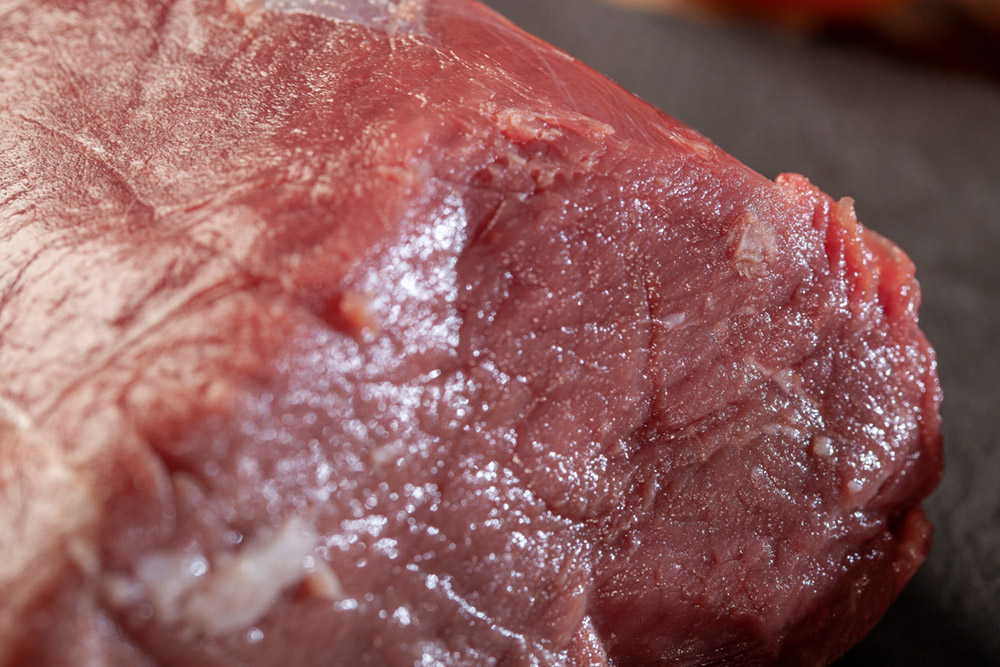

GFI Europe urges new European Commission to focus on protein diversification
As the newly appointed European Commission begins its term, GFI Europe has urged policymakers to embrace protein diversification as a cornerstone of the EU’s strategy for competitiveness, sustainability, and food security. By advancing alternative protein technologies, the Commission could bolster Europe’s position as a global leader in food innovation while addressing critical challenges such as climate change and reliance on imports.
GFI Europe has highlighted the potential of alternative proteins—plant-based foods, cultivated meat, and fermentation-based products—to transform the EU’s food system. These technologies, which require significantly fewer resources than conventional animal agriculture, could reduce land use by up to 90% and emissions by as much as 92%, aligning with Europe’s ambitious climate goals.
However, the transition is hindered by a lack of infrastructure and funding. GFI Europe has argued that scaling up production facilities for fermentation-derived proteins, for instance, is essential to preventing new innovations from being manufactured abroad.
“Europe’s entrepreneurs are struggling to commercialize the groundbreaking research conducted by its scientists,” GFI Europe noted, emphasizing the need for large-scale investments. Executive Vice-Presidents Stéphane Séjourné and Teresa Ribera Rodríguez, leading the Commission’s agenda on industrial strategy, are called on to prioritize scaling up alternative protein production through initiatives such as the Clean Industrial Deal and the European Biotech Act.
Although public funding for alternative protein research has increased, GFI Europe has stressed that it is not sufficiently focused on overcoming technical barriers to commercialization. The organization calls for food innovation to become a strategic priority in future EU research programs, such as Horizon Europe’s successor, FP10.
Establishing a public-private partnership modeled on the Circular Biobased Europe Joint Undertaking could unlock economic benefits while strengthening collaboration between researchers, food producers, and farmers. Commissioner for Startups, Research, and Innovation Ekaterina Zaharieva is urged to capitalize on Europe’s existing research expertise by fostering partnerships between universities and industry.
The EU’s regulatory environment is seen as both a strength and a potential bottleneck for alternative protein innovation. The thorough safety assessments required by the Novel Food Regulation ensure consumer trust, but GFI Europe warns that inefficiencies in the approval process could stifle progress.
Commissioner for Health and Animal Welfare Olivér Várhelyi has pledged to support the European Food Safety Authority (EFSA) in maintaining its global leadership on food safety. GFI Europe calls for additional measures, including bolstering EFSA’s resources, enhancing pre-submission dialogue for small and medium-sized enterprises, and providing clearer guidance on application requirements.
“A strong regulatory framework is vital for innovation, but delays and fragmentation risk holding Europe back,” GFI Europe said.
Europe’s growing market for plant-based meat presents a significant opportunity for local farmers to increase production of crops such as legumes. Commissioner for Agriculture and Food Christophe Hansen has committed to creating a Vision for Agriculture and Food within the Commission’s first 100 days, which GFI Europe sees as an opportunity to prioritize protein diversification.
Recommendations include developing an EU Action Plan for plant-based foods, strengthening supply chains, and ensuring consumers have access to affordable, sustainable options. Targeted research and innovation investments could help farmers transition to producing ingredients for alternative proteins, supported by instruments like the Common Agricultural Policy.
As countries like the USA and China invest heavily in alternative proteins, GFI Europe warns that the EU risks falling behind if it does not act swiftly. The organization emphasizes that prioritizing protein diversification aligns with Europe’s broader objectives, from reducing emissions to boosting food sovereignty and creating high-skilled jobs.
“Europe has the tools to lead in food innovation,” GFI Europe concluded. “What’s needed now is political will and strategic investment to turn potential into progress.”
By focusing on infrastructure, research, and regulation, the new Commission has the chance to secure the EU’s position as a global leader in sustainable protein technologies, fostering a more resilient and competitive future.
If you have any questions or would like to get in touch with us, please email info@futureofproteinproduction.com

.png)






